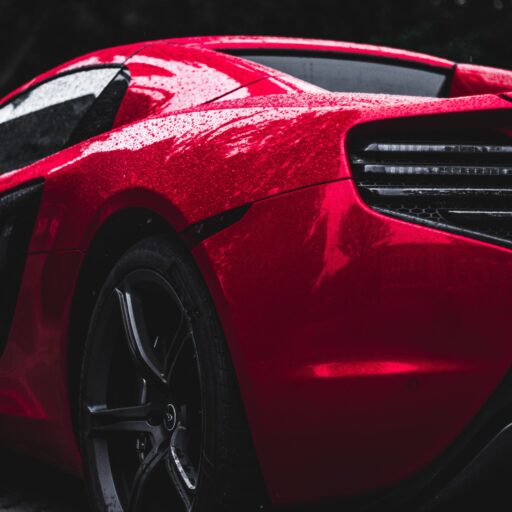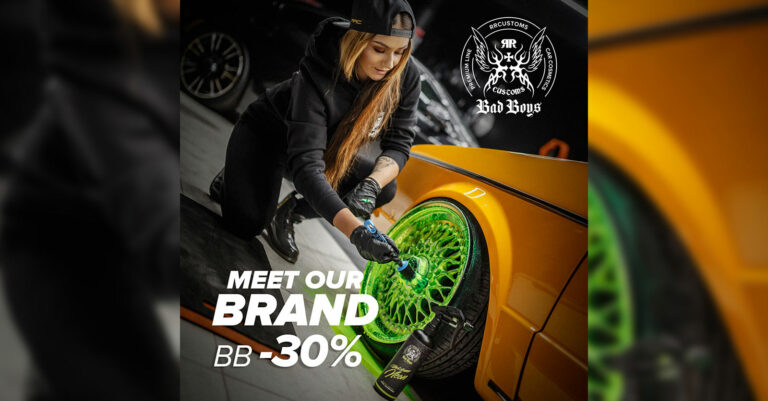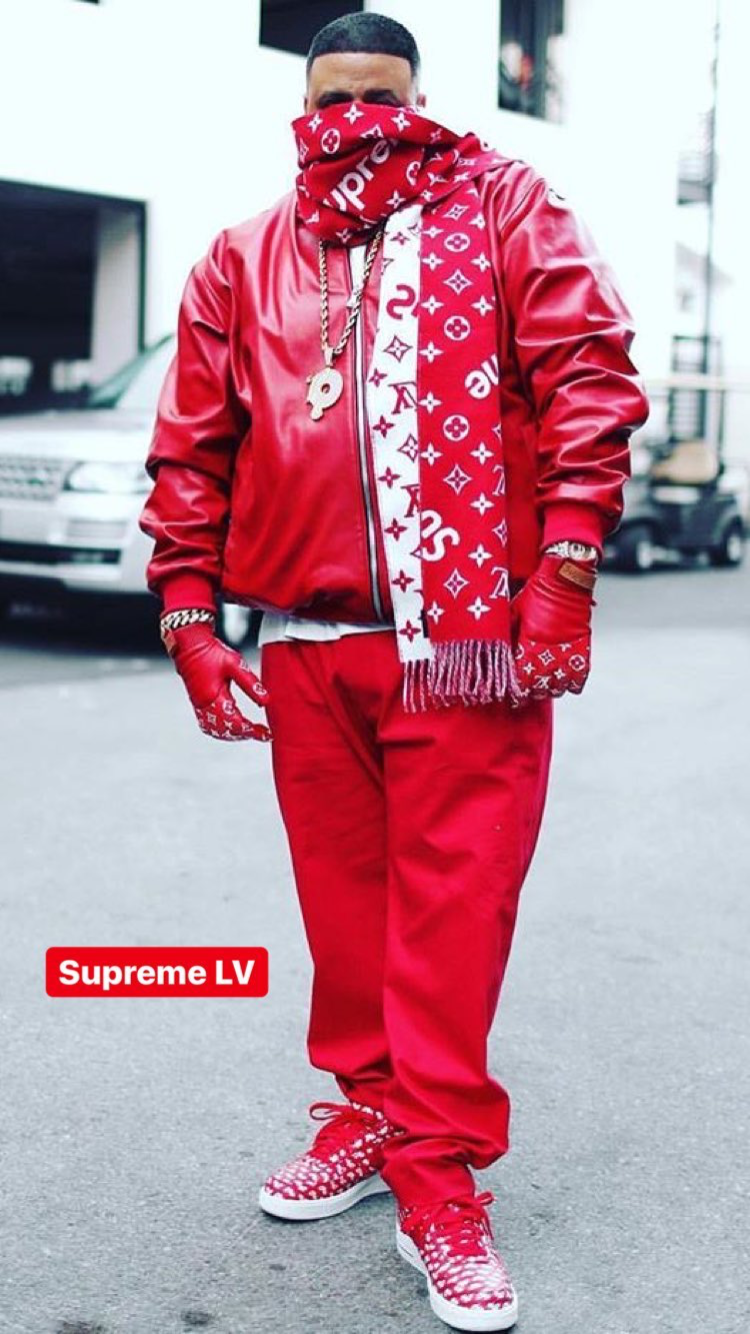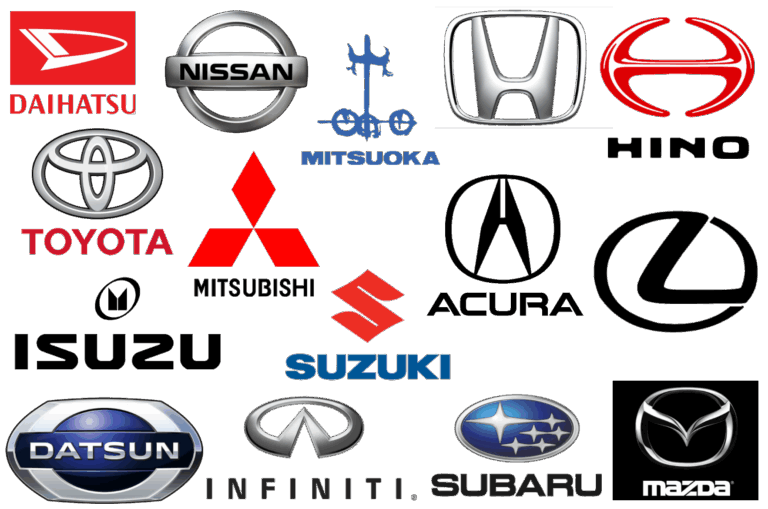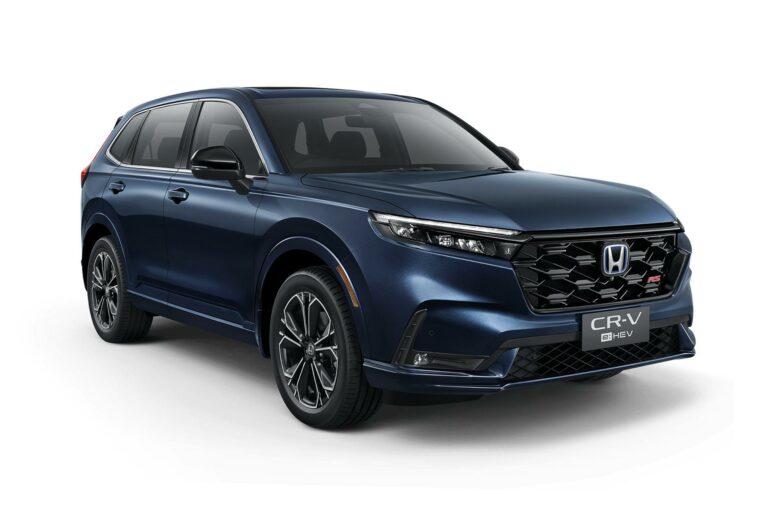Luxury Car Brands 2020: Navigating the Pinnacle of Automotive Excellence
Luxury Car Brands 2020: Navigating the Pinnacle of Automotive Excellence cars.truckstrend.com
The year 2020, while marked by unprecedented global shifts, stood as a fascinating snapshot in the evolution of luxury automobiles. Far from being merely expensive modes of transport, luxury cars in 2020 represented the zenith of automotive engineering, design, and technological integration. They embodied a fusion of heritage and innovation, offering discerning buyers not just a vehicle, but an experience tailored to their desires for performance, prestige, comfort, and cutting-edge features. Understanding the landscape of luxury car brands in 2020 means delving into the strategies, innovations, and consumer preferences that shaped this exclusive segment before the full impact of the pandemic truly reshaped global industries. It was a year where electrification gained significant traction, SUVs continued their market dominance, and the definition of luxury expanded to include sustainability and seamless digital integration.
This comprehensive guide aims to explore the multifaceted world of luxury car brands as they stood in 2020, offering insights into the key players, the defining technologies, prevailing market trends, and what made these vehicles truly exceptional.
Luxury Car Brands 2020: Navigating the Pinnacle of Automotive Excellence
The Evolving Landscape of Luxury in 2020
In 2020, the concept of luxury in automobiles transcended mere opulence. While exquisite materials, meticulous craftsmanship, and powerful engines remained foundational, the industry was rapidly evolving. True luxury increasingly encompassed:
- Technological Sophistication: Seamless integration of advanced driver-assistance systems (ADAS), intuitive infotainment, and robust connectivity features became non-negotiable.
- Personalization and Experience: Buyers sought vehicles that could be tailored to their individual tastes, offering a unique ownership journey from purchase to maintenance.
- Sustainability Consciousness: While not yet a dominant force, an increasing awareness of environmental impact began influencing design and powertrain choices, with hybrids and early electric vehicles (EVs) making their mark.
- Holistic Well-being: Cabin environments focused on comfort, quietness, air quality, and ergonomic design to create a sanctuary from the outside world.
- Effortless Performance: Power was no longer just about raw speed but about smooth, refined delivery and confidence-inspiring dynamics.
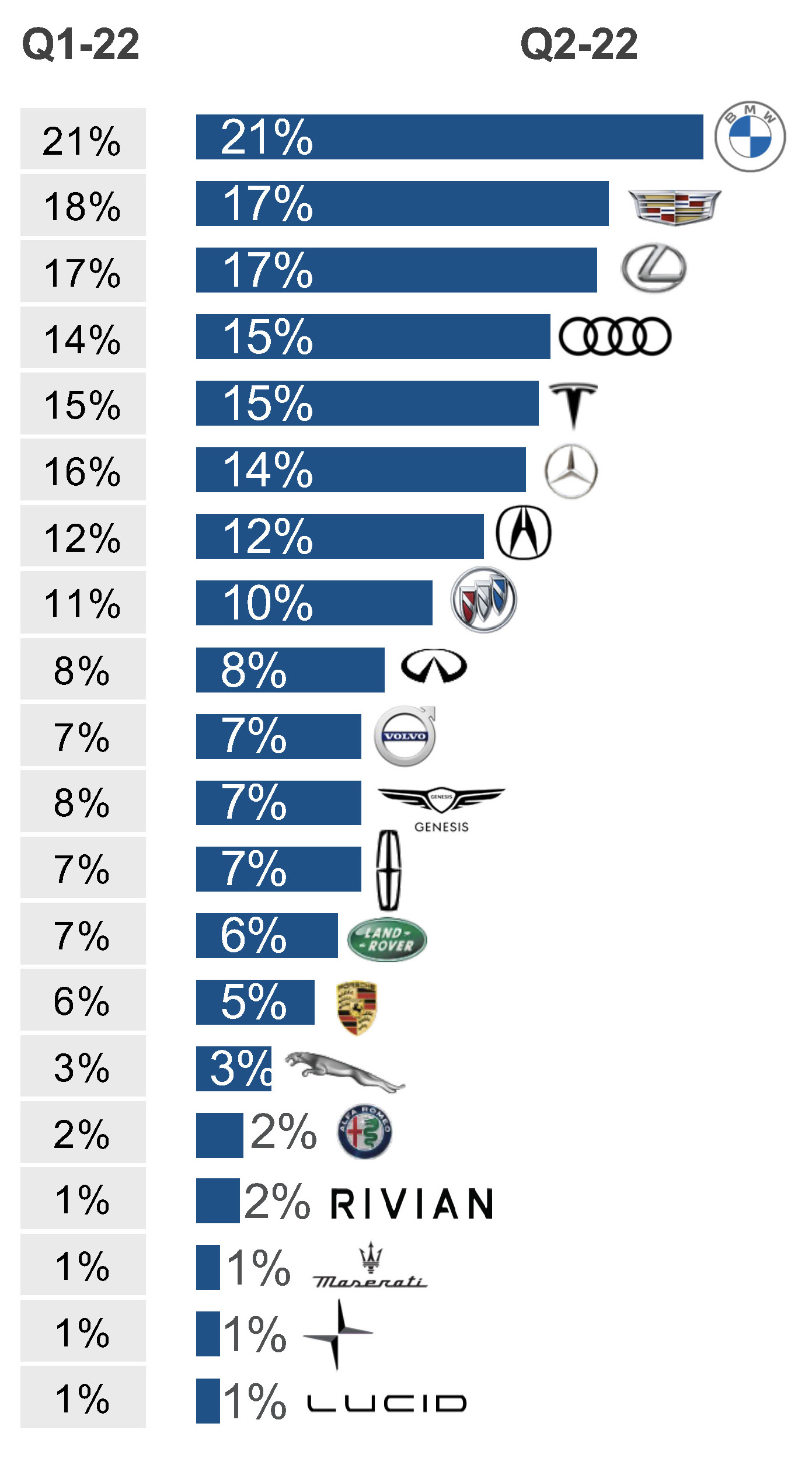
The luxury segment in 2020 was a dynamic arena where brands competed not just on price or power, but on the overall lifestyle and status they conferred upon their owners.
Key Players and Their Strategies in 2020
The luxury car market in 2020 was dominated by a handful of established brands, each with its unique heritage, design philosophy, and strategic focus:
- The German Triumvirate (Mercedes-Benz, BMW, Audi): These brands continued their fierce rivalry, accounting for a significant share of the global luxury market.
- Mercedes-Benz: Epitomized classic luxury, comfort, and technological pioneering. The S-Class remained the benchmark for executive sedans, while models like the GLC and GLE spearheaded SUV sales. Their MBUX infotainment system was a highlight.
- BMW: Focused on "Sheer Driving Pleasure," offering a blend of sporty dynamics, sophisticated technology, and luxurious interiors. The X-series SUVs were strong sellers, alongside the iconic 3 Series and 5 Series.
- Audi: Known for its sophisticated design, quattro all-wheel drive, and cutting-edge digital cockpits (Virtual Cockpit). The Q5 and Q7 SUVs, alongside the A4 and A6 sedans, were key volume drivers.
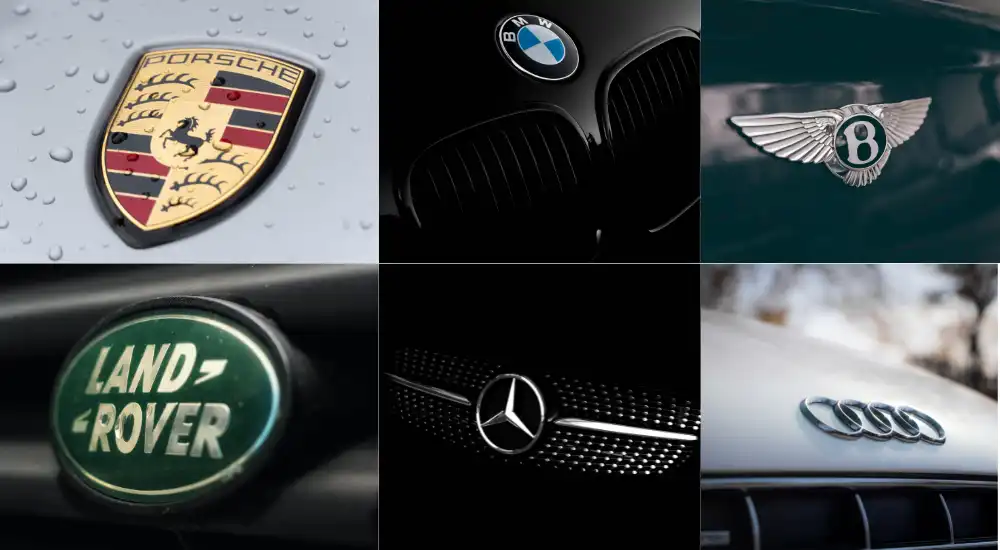
- Japanese Refinement (Lexus, Acura, Infiniti): These brands emphasized reliability, quiet cabins, and exceptional customer service.
- Lexus: Toyota’s luxury arm, renowned for its serene driving experience, impeccable build quality, and strong hybrid offerings (e.g., RX 450h). The RX SUV was a consistent bestseller.
- Acura: Honda’s luxury division, focusing on performance and technology, particularly with its SH-AWD system. The MDX SUV was a core product.
- Infiniti: Nissan’s luxury brand, known for distinctive styling and driver-focused performance.
- Performance and Exclusivity (Porsche, Aston Martin, Ferrari, Lamborghini):
- Porsche: Masterfully blended high performance with everyday usability. The 911 remained iconic, while the Cayenne and Macan SUVs were critical for sales volume and profitability. The Taycan EV was a significant new entrant.
- Aston Martin, Ferrari, Lamborghini: These ultra-luxury and supercar brands offered unparalleled exclusivity, bespoke options, and exhilarating performance, catering to a niche clientele.
- British Heritage and Utility (Land Rover, Bentley, Rolls-Royce):
- Land Rover: Dominated the luxury SUV segment with the iconic Range Rover, known for its blend of off-road capability and opulent interiors.
- Bentley & Rolls-Royce: Represented the pinnacle of bespoke luxury, with hand-built craftsmanship, unparalleled comfort, and extensive customization options.
- Swedish Safety and Design (Volvo): Volvo continued its resurgence, offering beautifully designed vehicles with a strong emphasis on safety, minimalist Scandinavian interiors, and a growing suite of plug-in hybrid options. The XC60 and XC90 SUVs were particularly popular.
- American Innovation (Tesla, Cadillac, Lincoln):
- Tesla: Though not traditionally seen as "luxury" by all, its Model S and Model X certainly competed in the high-end market, pioneering electric vehicle technology, over-the-air updates, and advanced autonomous driving features.
- Cadillac & Lincoln: The traditional American luxury brands were working to redefine themselves, with models like the Cadillac Escalade and Lincoln Navigator maintaining strong positions in the large SUV segment.
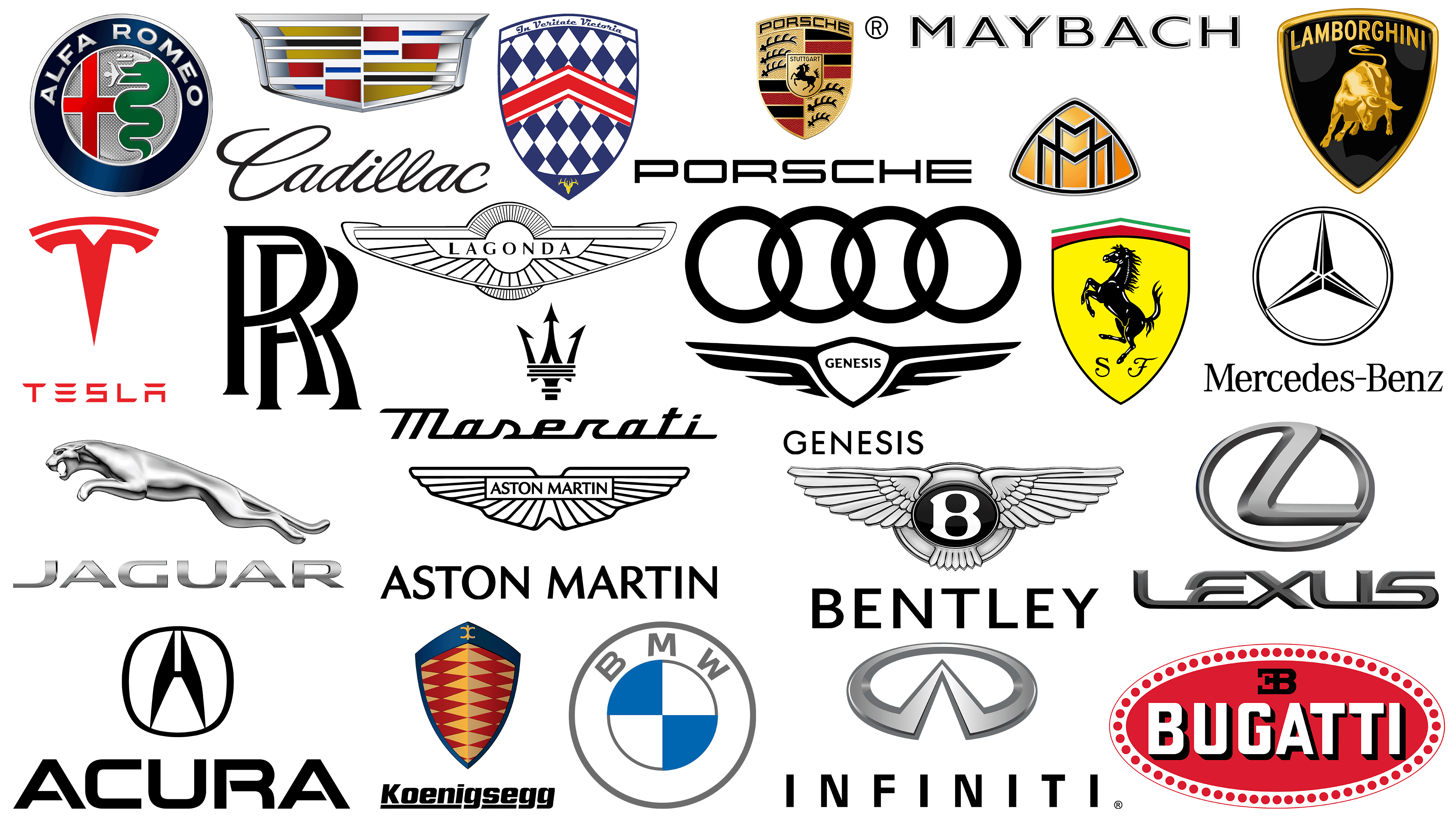
Technological Innovations Defining Luxury in 2020
Technology was arguably the most dynamic aspect of luxury cars in 2020. Innovation wasn’t just about speed, but about enhancing comfort, safety, and connectivity:
- Advanced Driver-Assistance Systems (ADAS): Features like adaptive cruise control, lane-keeping assist, blind-spot monitoring, and automatic emergency braking became standard or widely available, moving towards Level 2 semi-autonomous driving.
- Intuitive Infotainment Systems: Large, high-resolution touchscreens became ubiquitous. Systems like Mercedes-Benz’s MBUX, BMW’s iDrive, and Audi’s MMI offered voice control, gesture control, and seamless smartphone integration (Apple CarPlay, Android Auto).
- Electrification: While full EVs were still emerging, plug-in hybrids (PHEVs) were common across many luxury lineups, offering a bridge to a more sustainable future and tax incentives in various markets. The Porsche Taycan and Audi e-tron were notable early luxury EV contenders.
- Connectivity and Over-the-Air (OTA) Updates: Vehicles were becoming connected devices, offering real-time traffic, remote vehicle access via apps, and the ability to receive software updates remotely, improving functionality over time.
- Material Science and Interior Ambiance: Beyond leather and wood, luxury interiors incorporated advanced noise cancellation, customizable ambient lighting, premium audio systems, and even air purification systems to create a truly immersive and comfortable cabin environment.
Design Philosophy and Craftsmanship
The aesthetic and tactile experience remained paramount in luxury vehicles. In 2020, design moved beyond mere beauty to encompass functionality, aerodynamics, and brand identity:
- Distinctive Exterior Aesthetics: Each brand maintained a recognizable design language – Mercedes’ elegant lines, BMW’s aggressive kidney grilles, Audi’s sharp creases, Lexus’s spindle grille, and Volvo’s "Thor’s Hammer" DRLs. These designs conveyed prestige and performance.
- Interior Sanctuary: Luxury interiors were designed as private cocoons. Ergonomics, seat comfort (often with heating, ventilation, and massage functions), premium upholstery (Nappa leather, Alcantara), genuine wood and metal trims, and precise switchgear were standard. The focus was on creating a serene, quiet, and user-friendly environment.
- Hand-Finished Craftsmanship: Many luxury brands, especially those at the ultra-premium end like Bentley and Rolls-Royce, still incorporated significant hand-finishing, allowing for unparalleled attention to detail and bespoke customization.
- Personalization Programs: Customers could often choose from an extensive palette of exterior colors, interior materials, trim finishes, and even create unique configurations through bespoke programs, making each vehicle truly unique.
Market Trends and Consumer Preferences in 2020
Several key trends shaped the luxury car market in 2020:
- SUV Dominance: The global shift towards SUVs continued unabated in the luxury segment. Models like the Mercedes-Benz GLC/GLE/GLS, BMW X3/X5/X7, Audi Q5/Q7/Q8, Lexus RX/GX/LX, and Land Rover Range Rover were consistently top sellers, reflecting consumer demand for versatility, commanding driving positions, and spacious interiors.
- Electrification Momentum: While internal combustion engines (ICE) still dominated sales, the momentum towards electrification was undeniable. Hybrid and plug-in hybrid options proliferated, and the introduction of compelling full EVs like the Porsche Taycan signaled a significant shift.
- Focus on Experience and Services: Beyond the vehicle itself, luxury brands increasingly focused on enhancing the ownership experience through concierge services, exclusive events, advanced connectivity packages, and flexible financing/subscription models.
- Early Pandemic Impact: The initial months of 2020 saw a significant disruption due to the COVID-19 pandemic, leading to temporary factory shutdowns and a sharp decline in sales. However, the luxury segment proved surprisingly resilient in the latter half of the year, as affluent buyers were less impacted economically and sought personal mobility options. There was also an acceleration in digital sales processes and virtual showrooms.
Practical Advice for Luxury Car Ownership
For those considering a luxury vehicle, whether from the 2020 model year or newer, here’s some practical advice:
- Define Your Priorities: Are you seeking ultimate performance, supreme comfort, cutting-edge technology, or family versatility? Different brands and models excel in different areas.
- Consider Total Cost of Ownership (TCO): Luxury cars often come with higher insurance, maintenance, and repair costs compared to mainstream vehicles. Factor these into your budget. Depreciation can also be significant.
- Test Drive Thoroughly: Don’t just take a quick spin. Drive the car in various conditions – city, highway, parking – to truly assess its comfort, handling, and features. Pay attention to infotainment usability and driver-assistance systems.
- Research Reliability and Resale Value: While luxury cars are built to high standards, some brands or models have better long-term reliability records and retain their value more effectively than others.
- Explore Options and Packages: Luxury cars are highly customizable. Understand which optional features are truly valuable to you versus those that add unnecessary cost.
- Leasing vs. Buying: For many luxury car owners, leasing offers flexibility and access to newer models every few years without the long-term commitment of ownership.
Luxury Car Brands 2020: Representative Starting Prices (MSRP, USD)
Please note: These are approximate starting Manufacturer’s Suggested Retail Prices (MSRP) for base models in 2020 for illustrative purposes. Prices vary significantly based on trim level, optional features, region, and market conditions.
| Brand | Representative Model (2020) | Typical Starting MSRP (USD) | Key Attributes |
|---|---|---|---|
| Mercedes-Benz | C-Class Sedan | $41,400 | Luxury, technology, comfort |
| GLC SUV | $42,500 | Premium SUV, versatility, elegant | |
| S-Class Sedan | $109,800 | Benchmark for executive luxury, innovation | |
| BMW | 3 Series Sedan | $41,250 | Sporty dynamics, technology, driver-focused |
| X3 SUV | $41,950 | Compact luxury SUV, performance, practicality | |
| 7 Series Sedan | $86,450 | Executive luxury, comfort, advanced tech | |
| Audi | A4 Sedan | $37,400 | Sophisticated design, Quattro AWD, tech interior |
| Q5 SUV | $43,300 | Balanced luxury SUV, refinement, practicality | |
| A6 Sedan | $54,900 | Elegant, advanced infotainment, comfort | |
| Lexus | ES Sedan | $39,900 | Reliability, quiet cabin, refined |
| RX SUV | $44,150 | Popular mid-size luxury SUV, comfort, hybrid opt | |
| Porsche | Macan SUV | $52,100 | Sporty compact SUV, driving dynamics |
| 911 Carrera | $97,400 | Iconic sports car, performance, heritage | |
| Land Rover | Range Rover Evoque | $42,650 | Stylish compact SUV, luxury, off-road DNA |
| Range Rover Sport | $69,500 | Sporty luxury SUV, capability, prestige | |
| Volvo | S60 Sedan | $36,050 | Scandinavian design, safety, comfort |
| XC60 SUV | $40,150 | Popular mid-size SUV, elegant, safety-focused | |
| Tesla | Model 3 Standard Range Plus | $37,990 | Electric vehicle, tech-forward, performance |
| Model S Long Range | $79,990 | Premium EV, range, autonomy features |
Frequently Asked Questions (FAQ)
Q1: What defines a luxury car brand in 2020?
A1: In 2020, a luxury car brand was defined by a combination of factors: superior craftsmanship, premium materials, advanced technology (infotainment, ADAS), powerful yet refined performance, exceptional comfort, distinctive design, and a prestigious brand image that often includes exclusive ownership experiences.
Q2: Which luxury car brand was most popular in 2020?
A2: Sales figures vary by region, but globally, Mercedes-Benz, BMW, and Audi consistently ranked as the top-selling luxury brands in 2020, often in a tight race for the top spot. Lexus also maintained a strong presence, particularly in North America.
Q3: How did the COVID-19 pandemic affect luxury car brands in 2020?
A3: The pandemic initially caused significant disruption, leading to production halts and a sharp drop in sales in Q2 2020. However, the luxury segment showed remarkable resilience, rebounding in the latter half of the year as consumer demand for personal transport increased and affluent buyers were less impacted economically. It also accelerated the adoption of digital sales tools.
Q4: Were electric vehicles (EVs) a significant part of the luxury market in 2020?
A4: While not dominant, 2020 was a pivotal year for luxury EVs. Tesla continued its leadership, and traditional luxury brands like Porsche (with the Taycan) and Audi (with the e-tron) introduced compelling full-electric models, signaling a strong future push into electrification. Plug-in hybrids were already widespread.
Q5: What was the biggest trend in luxury car design in 2020?
A5: The continued dominance and evolution of luxury SUVs was arguably the biggest trend. Brands focused on making these vehicles even more luxurious, technologically advanced, and stylish, blurring the lines between traditional SUVs and high-end sedans in terms of comfort and features.
Conclusion
The year 2020 offered a compelling glimpse into the evolving world of luxury automobiles. It was a period where traditional hallmarks of opulence converged with a rapid acceleration in technological integration, a growing emphasis on personalization, and the nascent but undeniable shift towards electrification. Brands like Mercedes-Benz, BMW, Audi, and Lexus continued to define the core of the segment, while innovators like Tesla challenged established norms, pushing the boundaries of what a luxury vehicle could be.
Despite the unforeseen global challenges that emerged, the luxury car market in 2020 demonstrated its resilience and adaptability. It underscored that the appeal of these magnificent machines goes beyond mere transportation; they represent aspirations, status, and the relentless pursuit of automotive perfection. As we moved beyond 2020, the foundations laid in that pivotal year — particularly in technology, electrification, and SUV popularity — continued to shape the direction of the luxury automotive industry for years to come. The pursuit of excellence, wrapped in cutting-edge design and unparalleled comfort, remains the enduring promise of luxury car brands.
